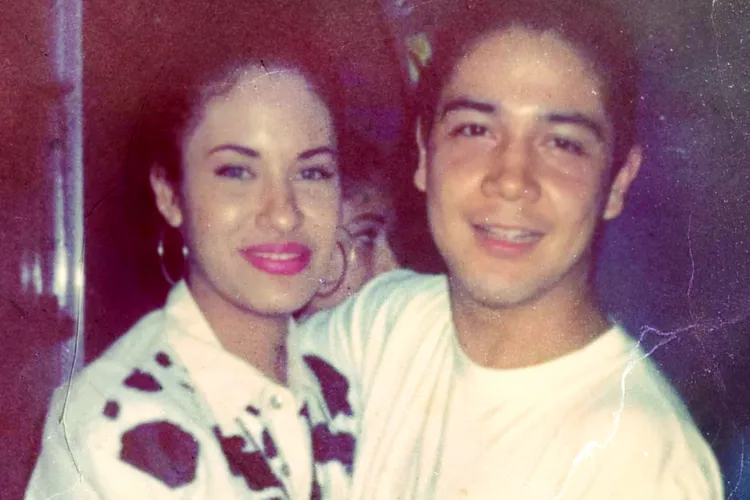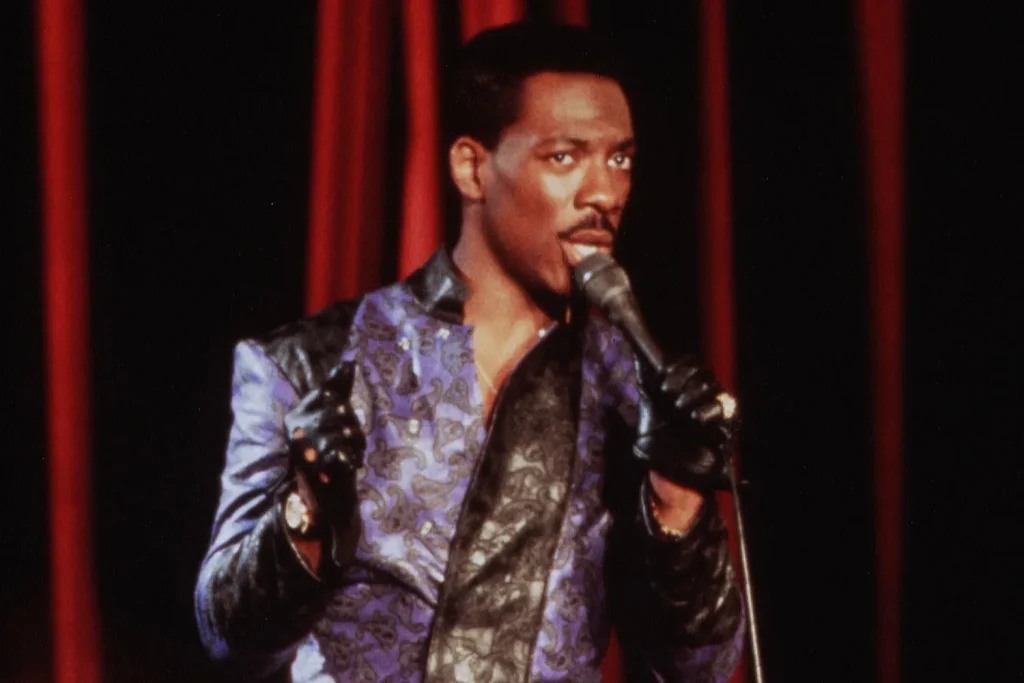“Not a Day Goes By”: Chris Pérez Says He Still Hears Selena’s Voice in His Head, 29 Years After Losing Her — and Why His Love for Her Has Never Faded
There are love stories that end, and there are love stories that become part of the air a person breathes. For Chris Pérez, nearly three decades after losing Selena Quintanilla, the woman he married at 20, the woman the world still calls the Queen of Tejano Music, the woman whose life was cut short at 23, the love has never gone quiet. He says it in a voice that is not dramatic, but honest: not a day goes by that he does not think of her. He can still hear her laugh. He can still hear her voice in his head. He still speaks to her sometimes, in silent moments that are no longer defined by tragedy, but by memory that refuses to disappear.
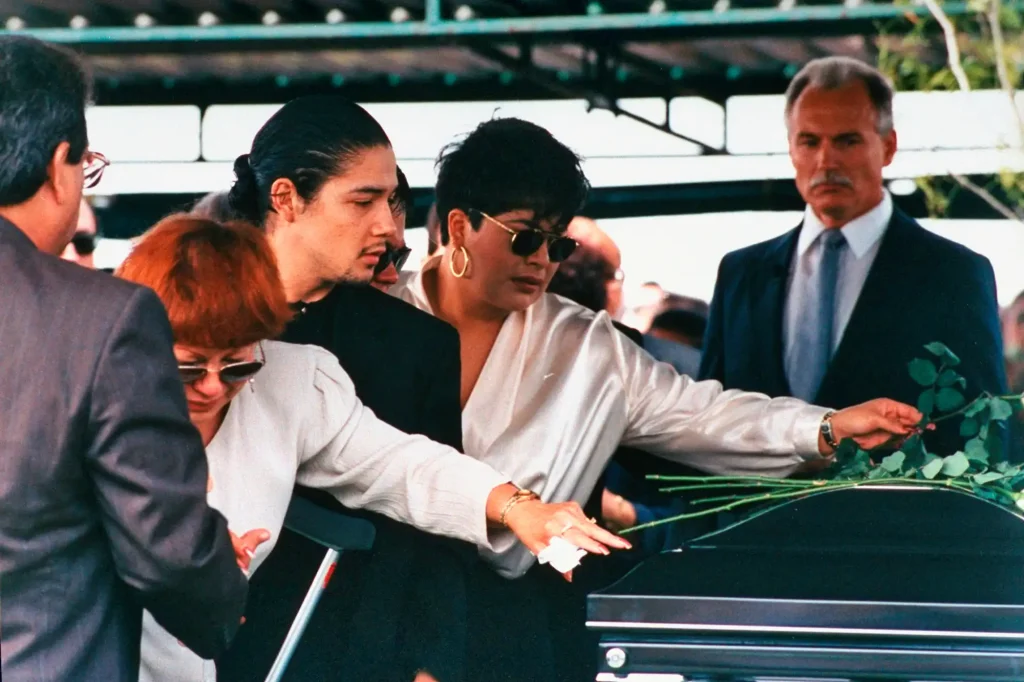
Selena’s legacy has continued to expand over the years — new fans discover her through documentaries, biopics, tribute performances, Netflix dramatizations, and millions still sing along to songs she recorded before smartphones existed. But for Chris, her legacy is not something he watches from afar. It lives inside him. He was there when she was not yet a legend, when she was simply a young woman with enormous talent, an equally enormous laugh, and a stubborn belief that she could change the world with music. He still remembers the first time he heard her sing without an audience watching — her voice so clear and powerful that it filled the rehearsal room without effort. She grinned at him afterward, almost shy. She had no idea what she would become.
He talks about her today not as a symbol, but as a person. He remembers how she would wake up humming melodies that hadn’t been written yet. How she could sit on the floor for hours designing stage outfits with colored pencils. How she ate chips with hot sauce like it was a food group. How she would dance in the kitchen when she was happy. How her family, especially her father Abraham Quintanilla, was protective to a degree that felt overwhelming at times. He remembers being warned not to pursue her romantically, and he remembers falling in love with her anyway.
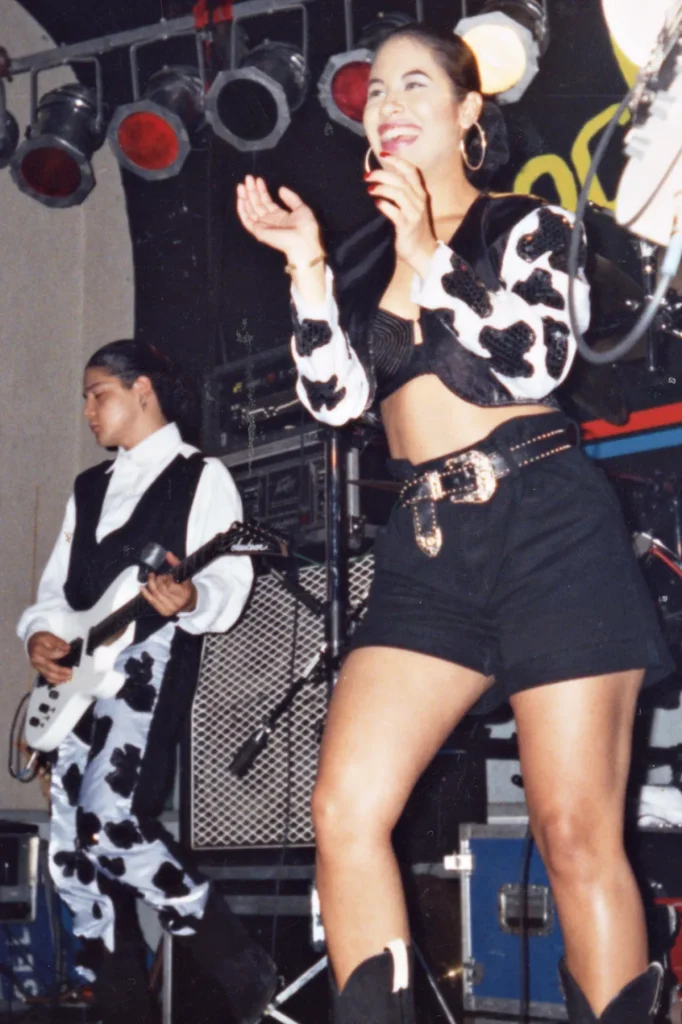
Their story is well known now: two bandmates who fell in love on tour buses, hiding their relationship from her family until they couldn’t hide it anymore. They married in a quiet courthouse ceremony in 1992, two young people determined to control at least one part of their lives. They had only three years together as husband and wife. Three years that Chris describes as the best years of his life. Then everything ended in a motel room in Corpus Christi on March 31, 1995, when Selena was shot by Yolanda Saldívar, the woman she trusted to run her fan club and manage her boutiques.
People often ask Chris what he remembers about that day. He doesn’t like to talk about it anymore. He gave the world his grief once — in interviews, in courtrooms, in his memoir To Selena, With Love. He remembers enough. What he prefers to speak about now is what came before, and what remains after. He says what keeps her alive is not the tragedy, but the smaller things: the way she sang to him in accents just to make him laugh, the way she grabbed his arm when she was excited, the way she looked at him like he was the only person on earth. Those are the memories that visit him daily.
He admits that the grief changed over time. In the beginning, it swallowed everything. He did not know how to eat without feeling guilty. He did not know how to sleep without dreaming of her last minutes. Fans approached him everywhere he went. Some cried. Some wanted stories. Some didn’t understand that every time he answered, he reopened a wound that had barely begun to form a scar. He tried moving away, tried returning to music, tried disappearing. None of it erased her absence.
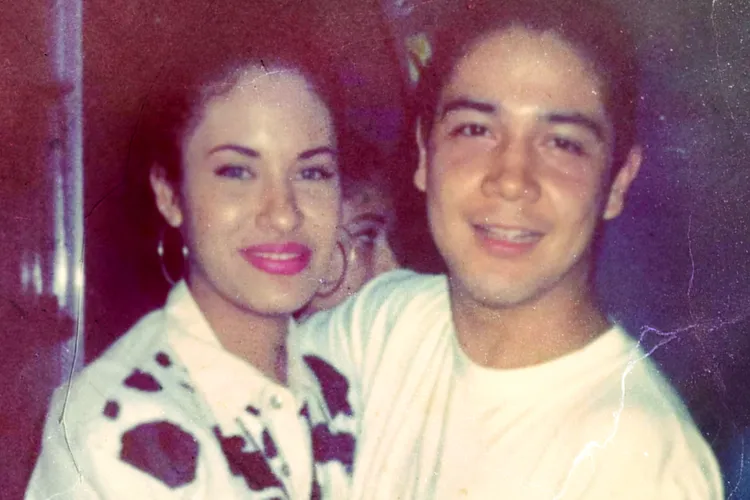
But the years, he says, did something he didn’t expect. They allowed the pain to soften without the love fading. He can now speak her name without breaking. He can laugh about stories that once brought him to tears. He can celebrate what she left behind instead of being crushed by what was taken. “I can still hear her in my head,” he said recently. “It’s not literal. It’s not ghosts or anything like that. It’s her voice, the way she talked, the way she would yell my name from across a backstage hallway. It’s just there. I think it always will be.”
Chris has never pretended that life stopped. He married again years later. He became a father. His children know who Selena was. He plays her music for them. He tells them they would have loved her. He said that the only way to honor the life he had with Selena was to keep living — and to keep loving. His second marriage eventually ended, not because of Selena, but because life is complicated, and grief shapes people in ways they don’t always predict.
In recent years, he has been drawn back into the public eye through renewed interest in Selena’s story. The Netflix series Selena: The Series dramatized their relationship, and Chris spoke carefully about it. Some parts felt heightened for television, he said. Some parts were soft compared to what they actually went through. He said no show will ever fully capture what it felt like to be young, in love, and trying to navigate enormous fame and enormous family pressure at the same time. But he was grateful that her story was still being told.
Sometimes fans ask if he still loves her. He always pauses, because for him, it is not a romantic question. It is a spiritual one. He says that love like that does not vanish. It changes shape. It becomes part of how you speak, how you see the world. He loved her when she was alive. He loves her still. Not in a frozen, tragic way, but in an enduring, faithful way. He loves her by remembering her joy, not her funeral. He loves her by keeping her voice alive instead of her death.
People see him at fan events or on social media and tell him that they feel like they lost her too. He understands. Selena was not just his wife. She was a cultural phenomenon. Her music broke barriers for Latina artists in a male-dominated industry. She made young Mexican-American girls feel seen when major record labels still treated Spanish-language music as an afterthought. She blended genres effortlessly, mixing cumbia with pop, Tejano with R&B. Her crossover was not an accident — it was her destiny.
Chris says sometimes that if she had lived, she would have taken over the world. He believes she would have launched fashion lines long before celebrity brands were common. He thinks she would have become a global superstar at the level of Beyoncé or Shakira. But he does not stay in that fantasy long. He knows too well that imagining what she could have been will never change what happened.
What he prefers is simple. He keeps her music playing in the house. He keeps a few photographs framed. He speaks to her softly when no one is around. And sometimes, he says, he dreams of her. Most of the time, she is smiling. Sometimes she is singing. And in the dreams, he always feels at peace.
Fans sometimes write to him saying that they feel guilty still crying about her. He tells them not to. He says that grief is the price of love, and that tears are proof she mattered. He feels it too. But he also knows that even in loss, some loves continue to protect you.
Selena’s voice, her kindness, her laughter — those live in him now. They show up in unexpected moments. A guitar riff she used to love. A fan wearing a vintage T-shirt. A grocery store speaker playing “Dreaming of You” on Valentine’s Day. He doesn’t run from these moments. He absorbs them like sunlight.
Because when he says he can still hear her, he means that she never truly left. Not in the ways that matter most.
